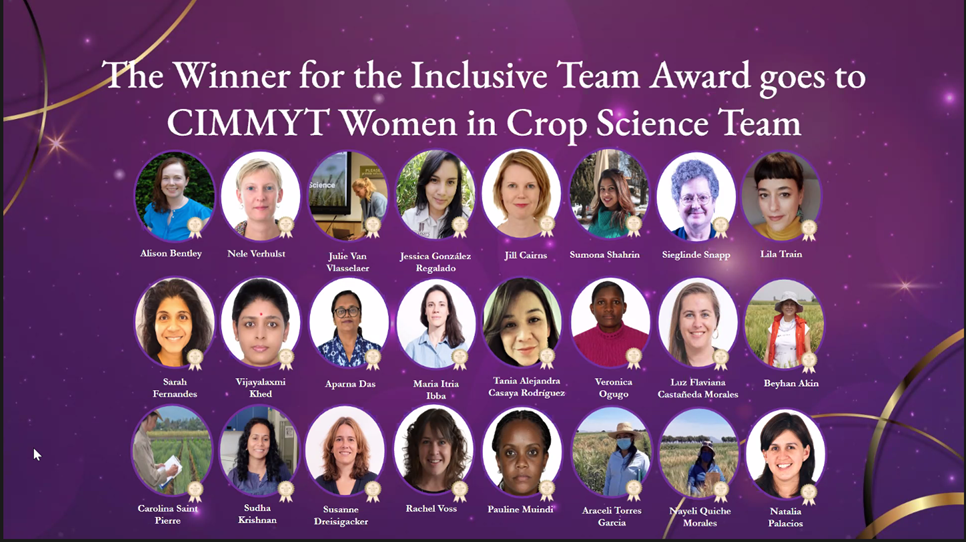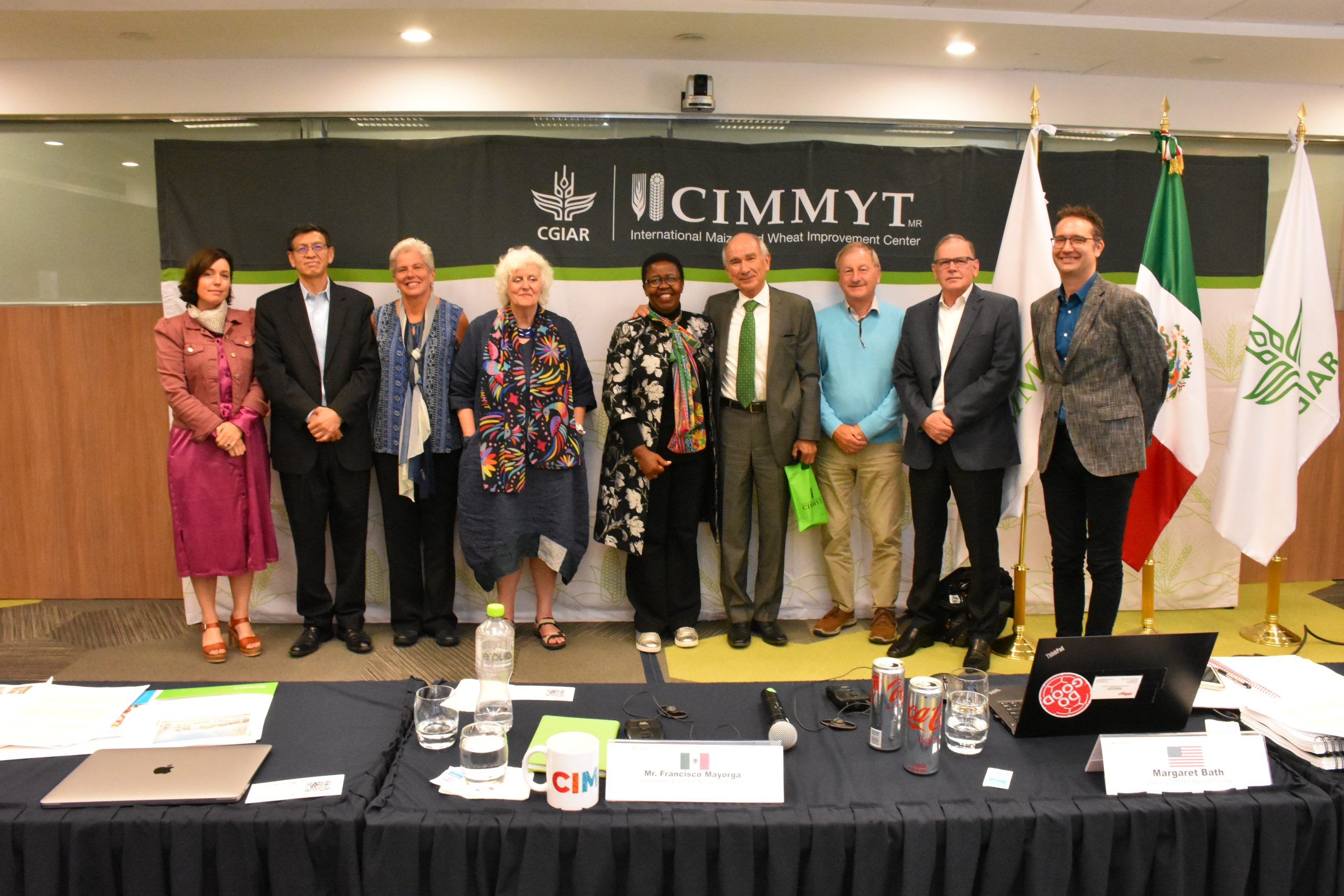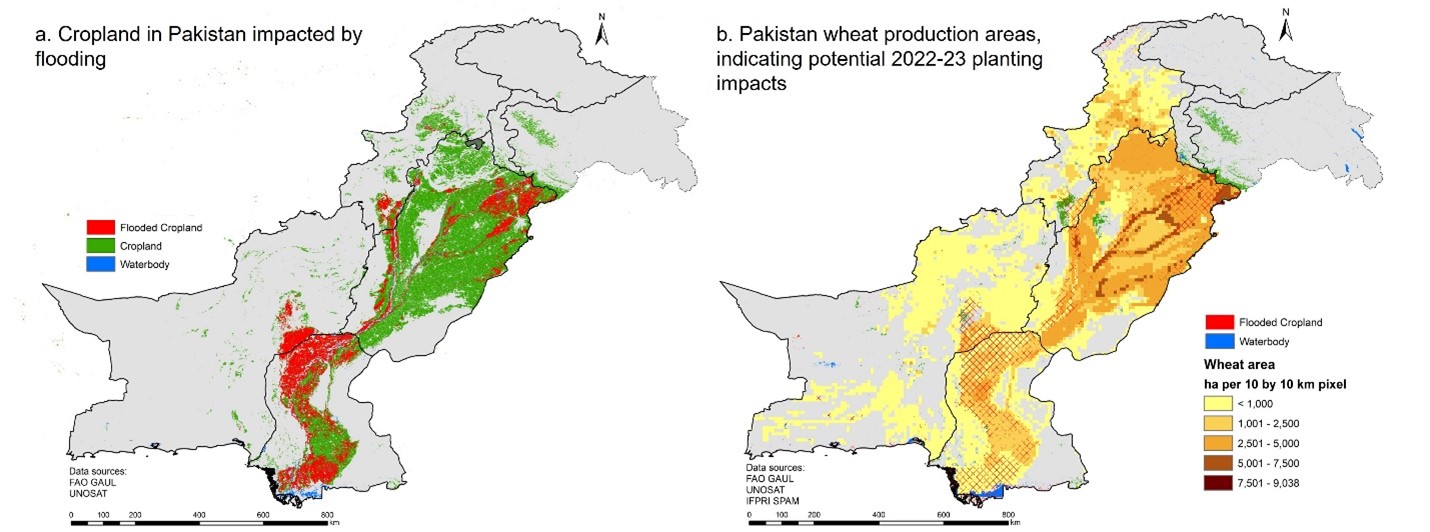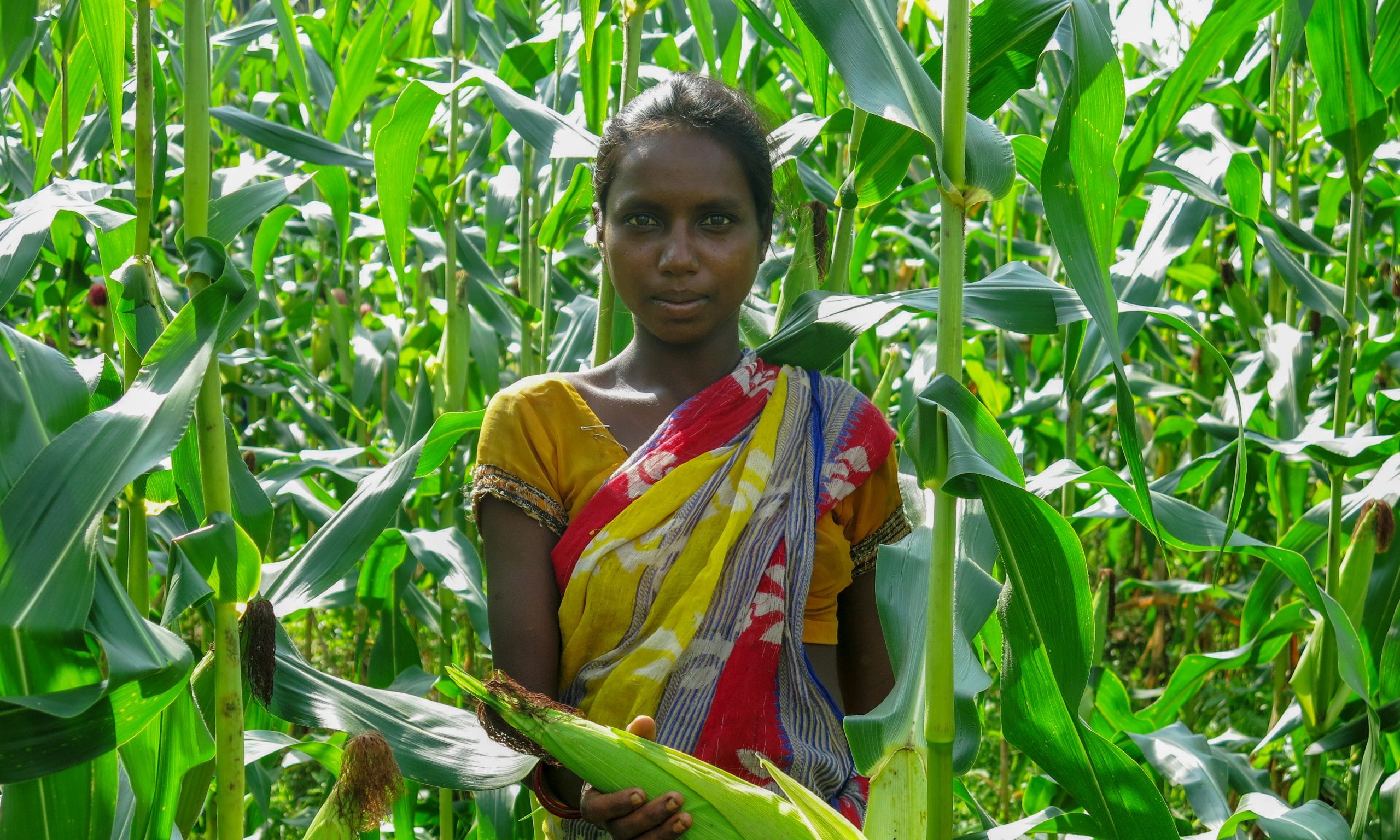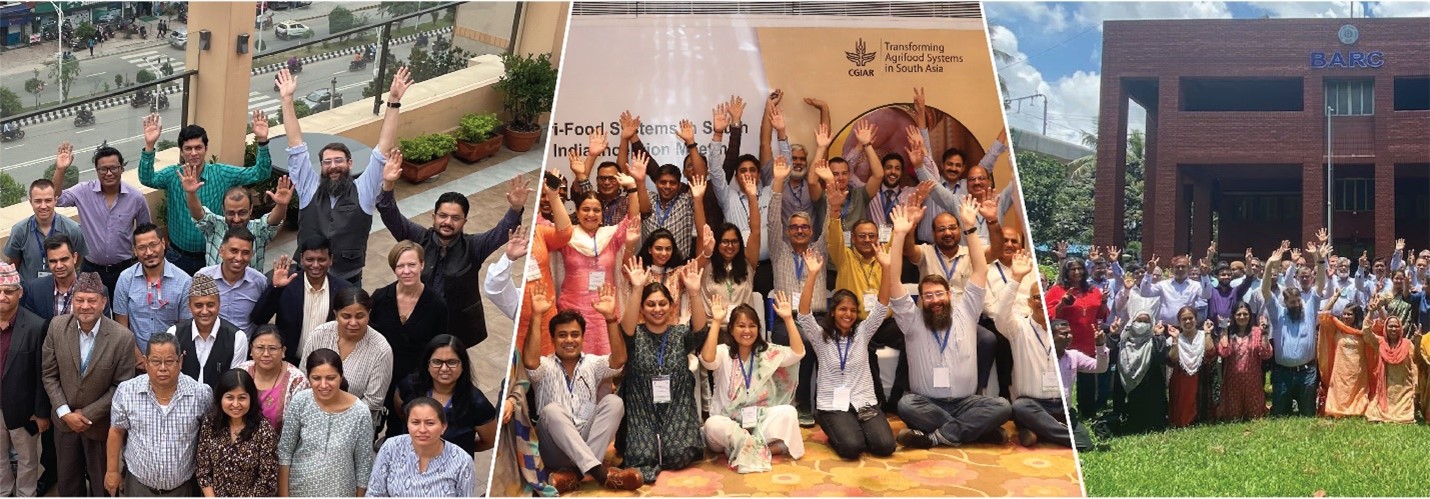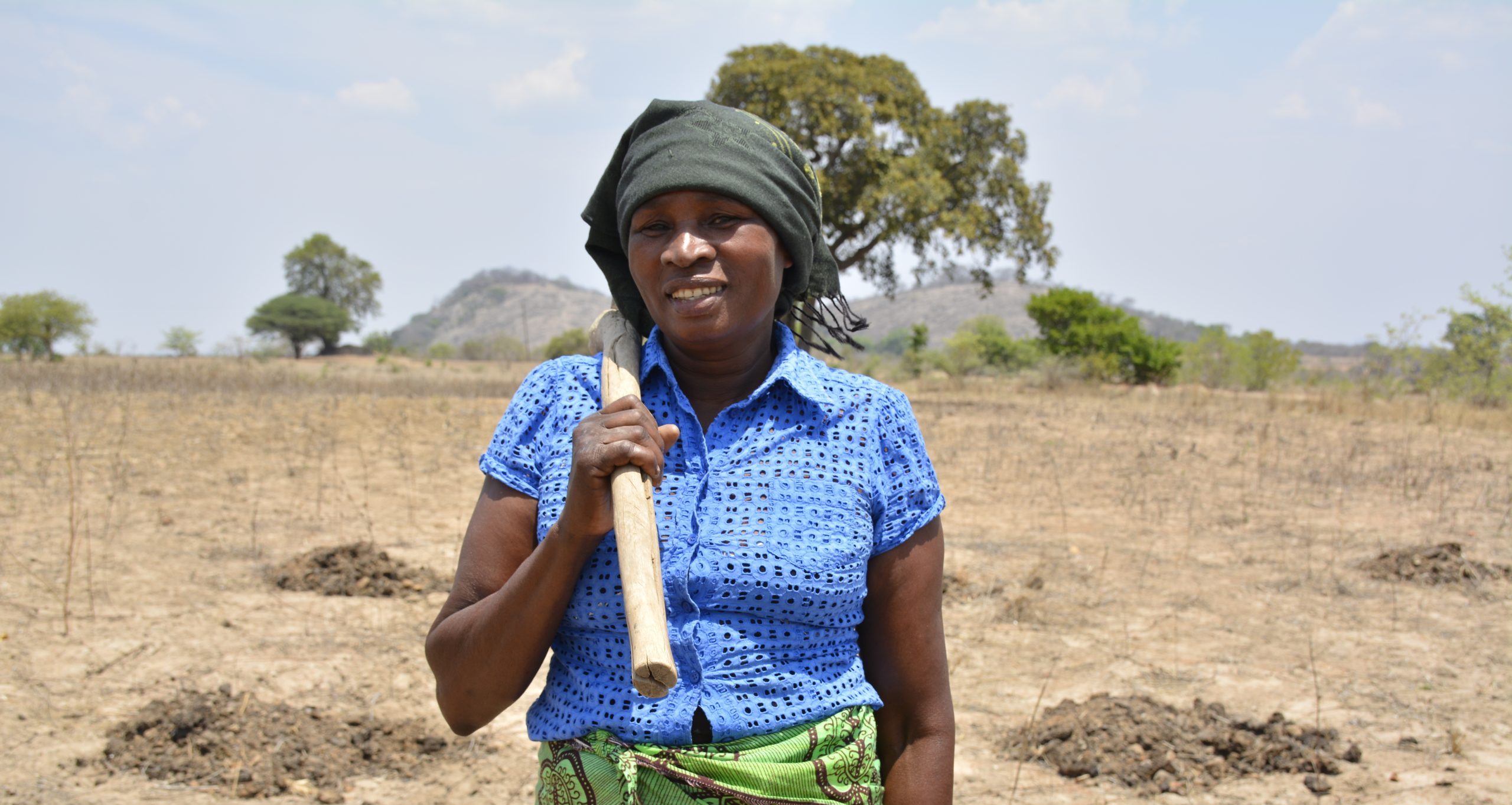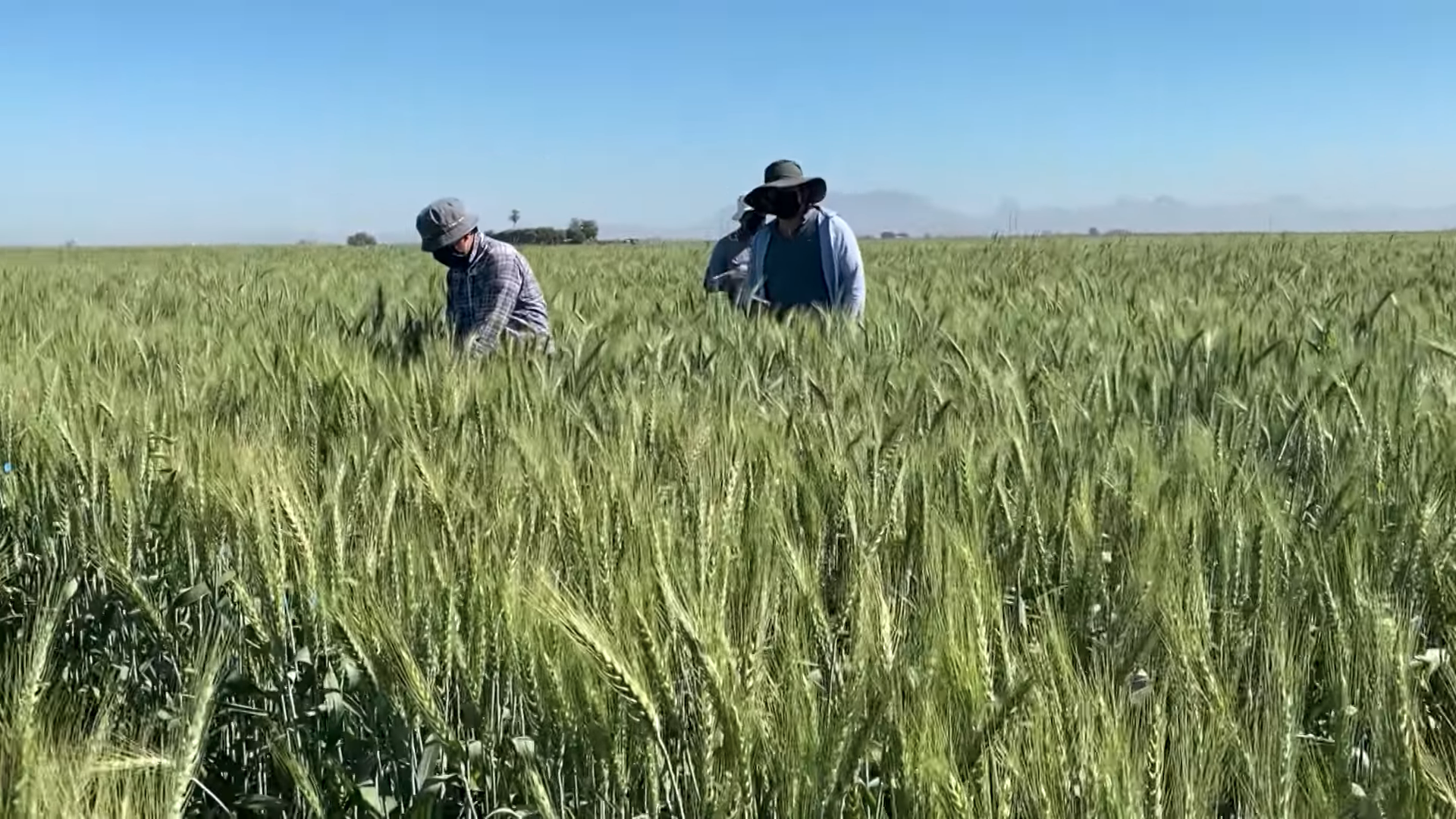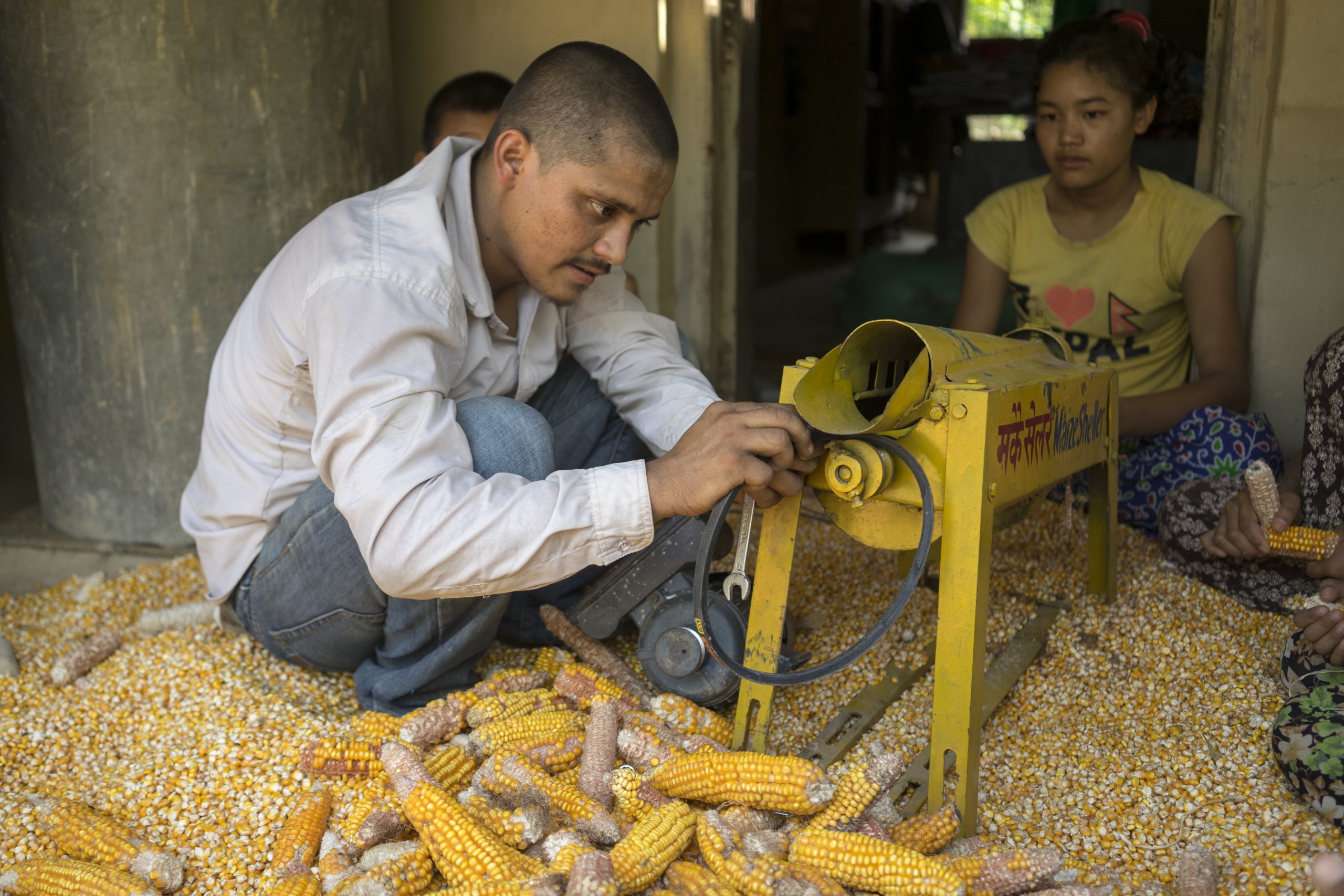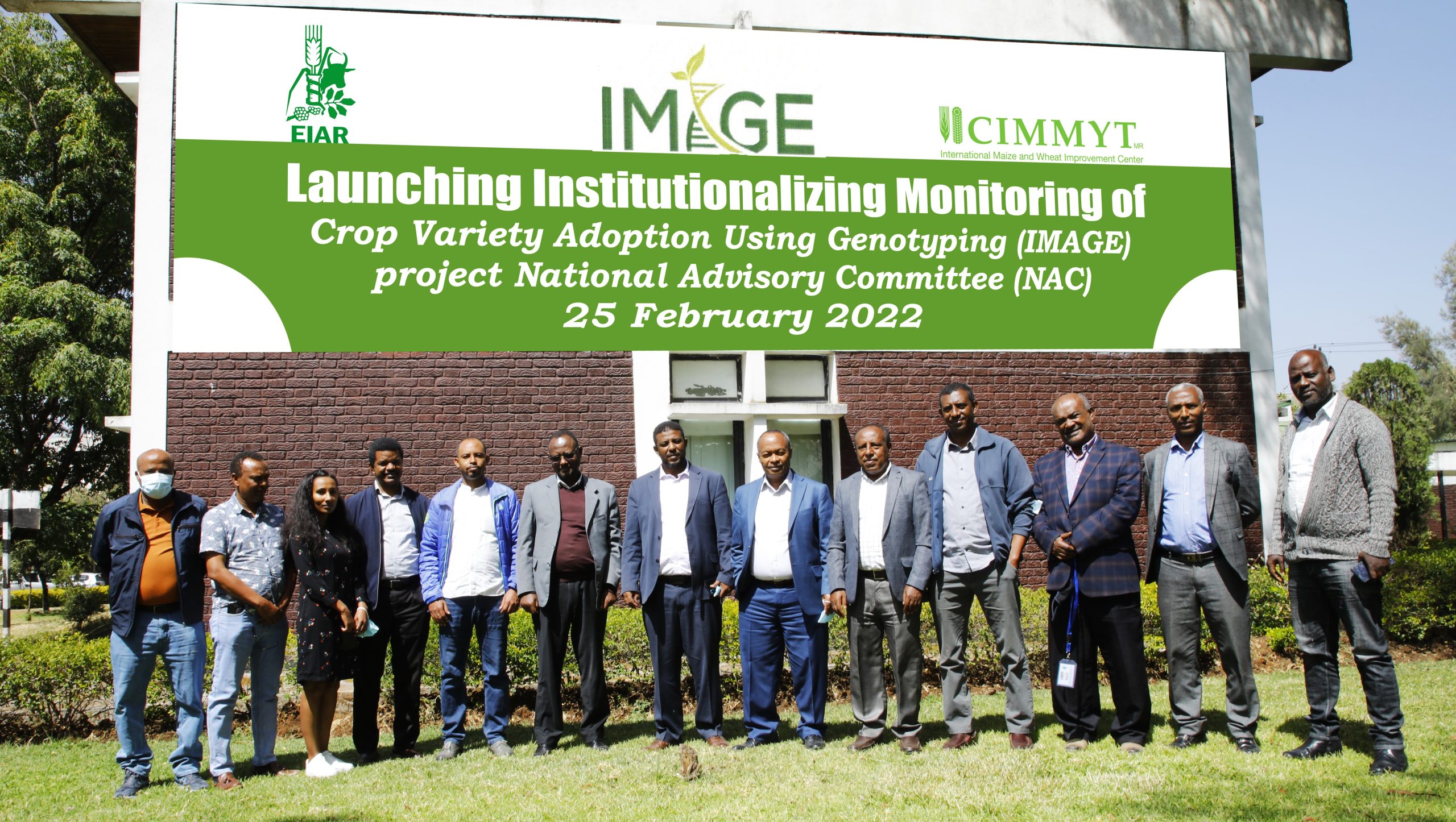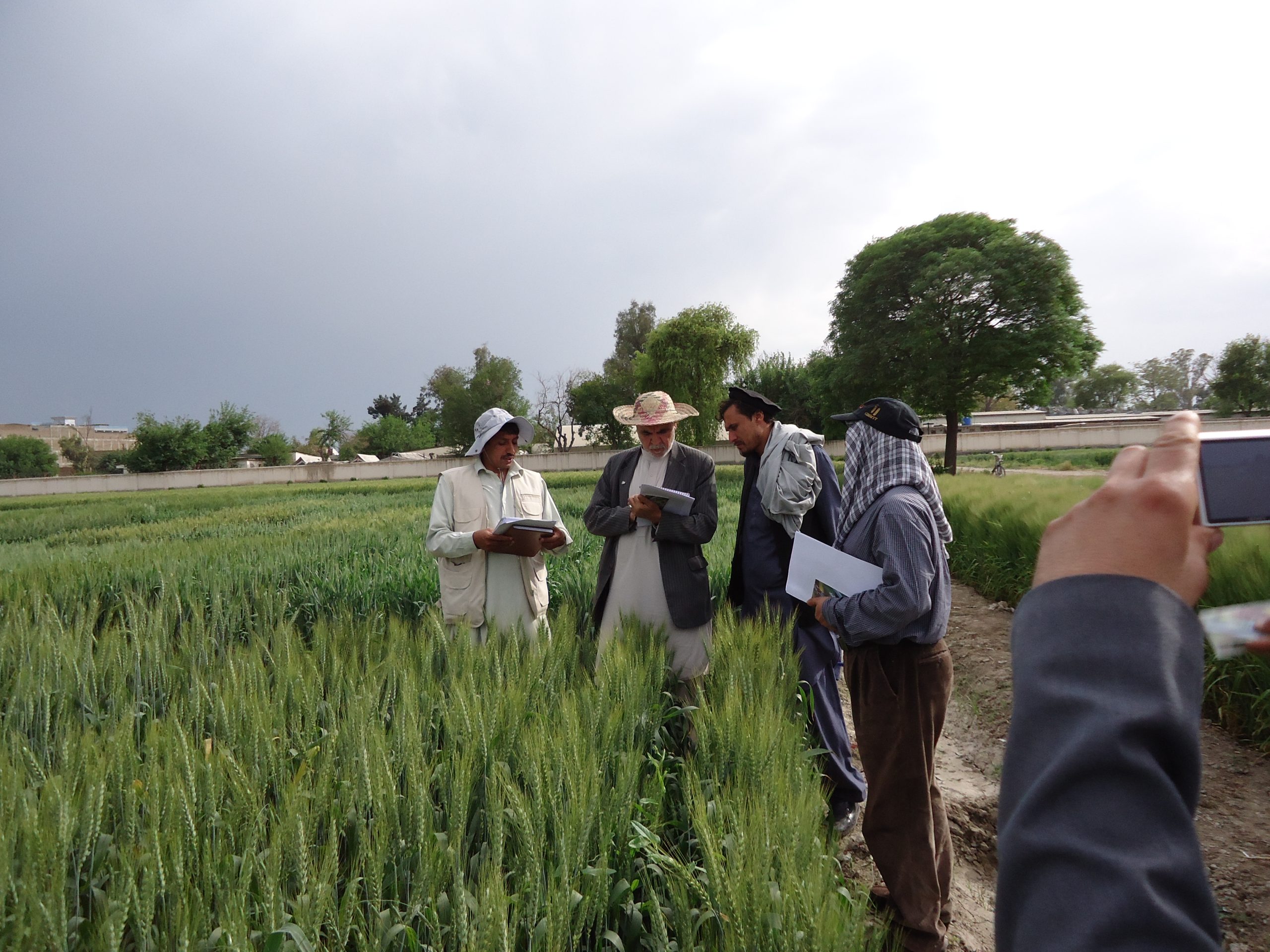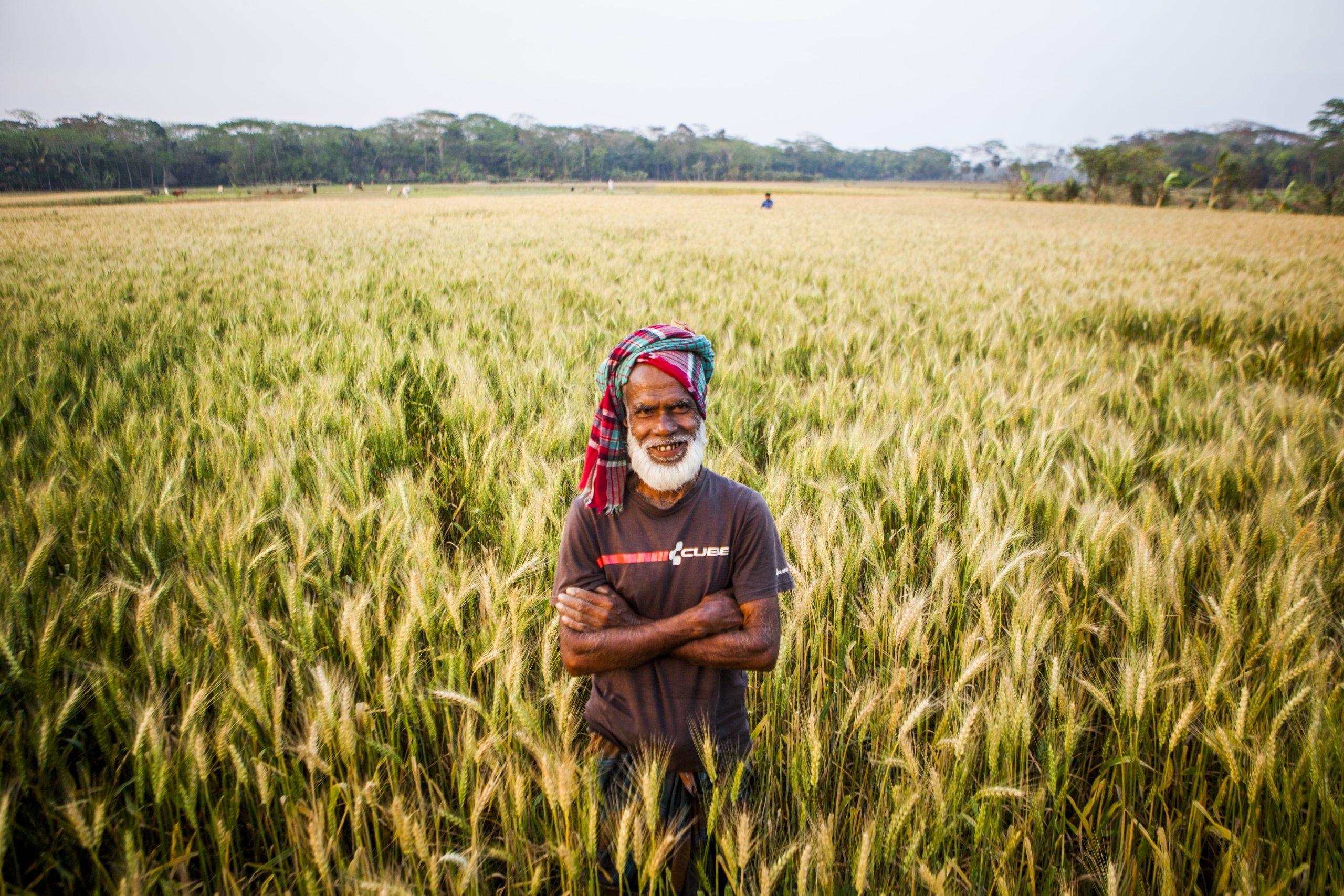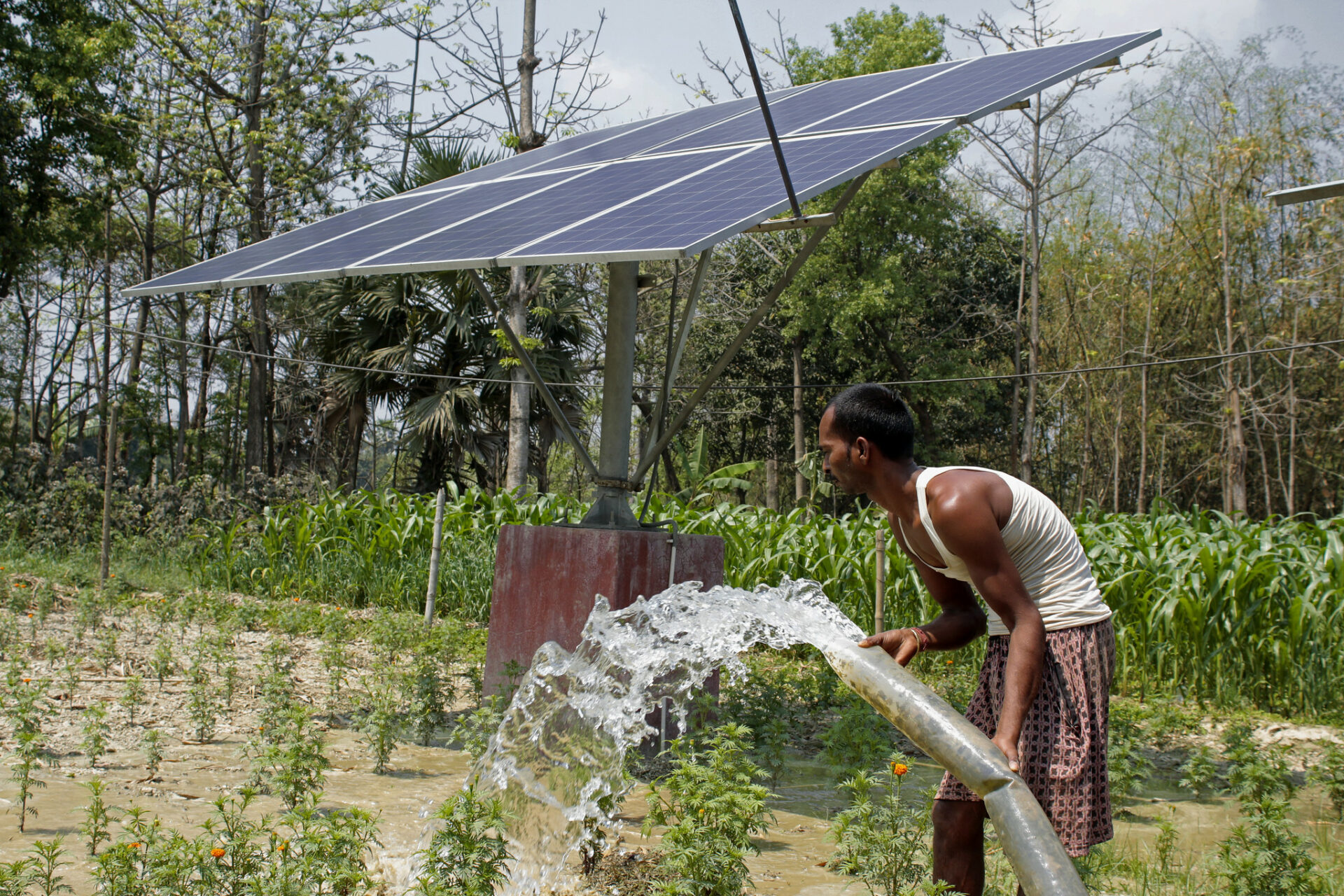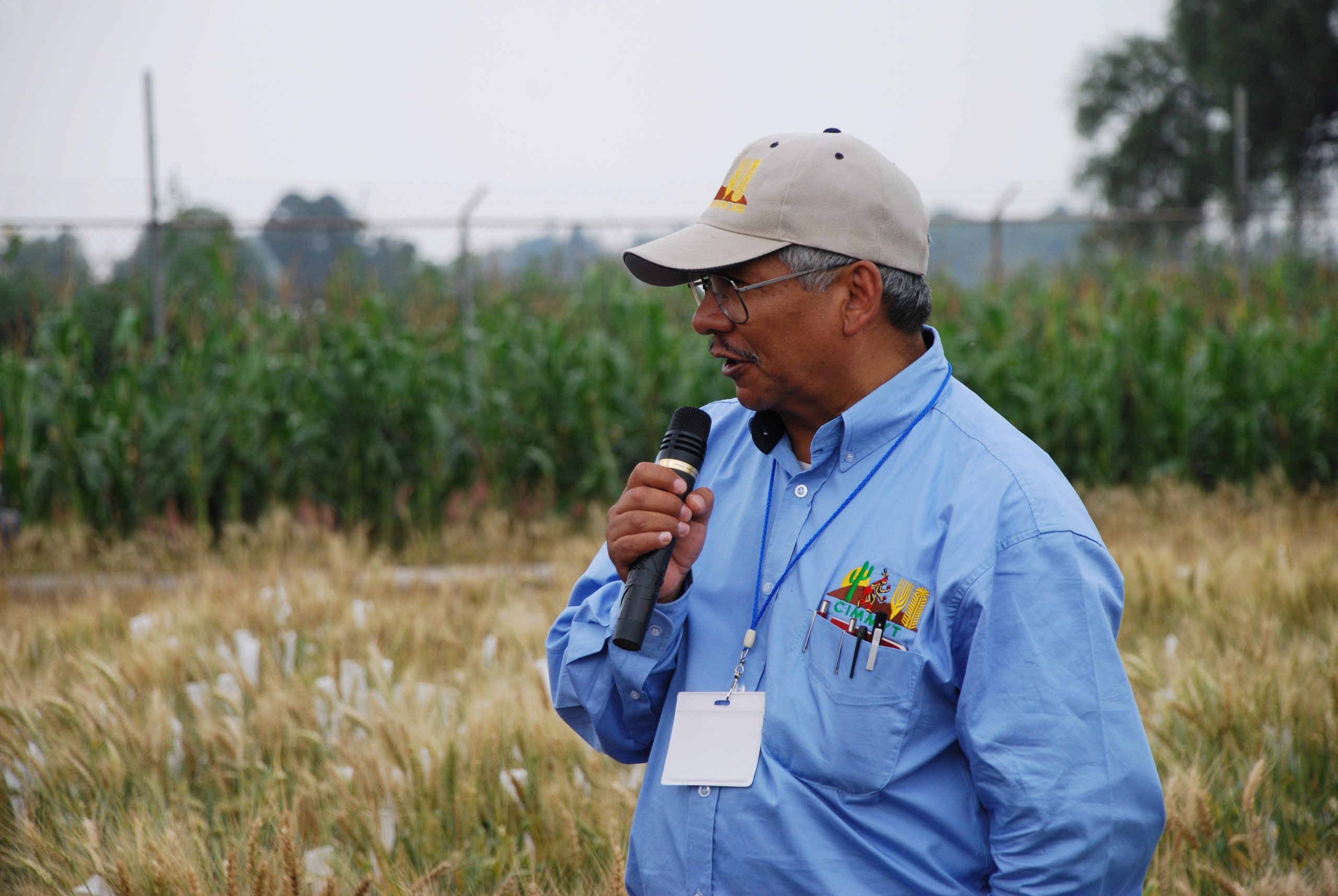Blogs
CGIAR’s “GDI Oscars” celebrate the stars behind advancing Gender, Diversity and Inclusion in our workplaces
 Gender equality, youth and social inclusion
Gender equality, youth and social inclusion
CIMMYT’s Women in Crop Science team win the Inclusive Team Award at CGIAR’s inaugural Inclusive Workplace Awards for creating an inclusive and respectful team culture.
MasAgro is “a gift for Africa”
 Capacity development
Capacity development
CIMMYT’s Board of Trustees were impressed with MasAgro’s outcomes in Mexico and its potential for replication in Africa.
Regenerative agriculture in Mexico: the case of Bimbo
 Environmental health and biodiversity
Environmental health and biodiversity
Source: Opportimes (22 Sep 2022)
Grupo Bimbo and CIMMYT partnership aims to improve regenerative agricultural practices for wheat and maize in Mexico.
After the flood
 Climate adaptation and mitigation
Climate adaptation and mitigation
Soil health and water infrastructure measures needed to restore wheat production in Pakistan, in rural communities devastated by major flooding.
Can we accelerate gender equality?
 Gender equality, youth and social inclusion
Gender equality, youth and social inclusion
Exacerbated by the pandemic, women are still facing inequality across all areas, including health and livelihoods. CIMMYT is working to make parity a reality.
Integrated initiative launches in Nepal, India and Bangladesh
 Climate adaptation and mitigation
Climate adaptation and mitigation
Collaborative project between CGIAR research centers aiming to improve food security in South Asia launches in three countries.
Drought-tolerant maize and use of forecasting in agriculture praised by the Bill & Melinda Gates Foundation
 Climate adaptation and mitigation
Climate adaptation and mitigation
CIMMYT and CGIAR scientists develop drought-tolerant maize and use forecast information to prevent the spread of crop diseases.
The future of wheat
 Capacity development
Capacity development
CIMMYT’s experimental station in Obregón is a mecca for wheat research and breeding, where scientists have access to state-of-the-art field facilities and an ideal location.
Why co-creation is vital for sustainable agriculture
 Climate adaptation and mitigation
Climate adaptation and mitigation
CIMMYT Director General Bram Govaerts explains to government and private sector partners how CIMMYT equips farmers to capitalize on new technologies, resulting in climate-smart processes and increased food security.
Tracking improved crop varieties
 Environmental health and biodiversity
Environmental health and biodiversity
CIMMYT and EIAR launch working group in Ethiopia to implement IMAGE, a five-year project that will improve seed variety deployment in Africa.
Setting a standard: improving field trial data
 Capacity development
Capacity development
New manual helps standardize field trial data collection across Afghanistan.
Can agriculture bring South Asian countries together?
 Climate adaptation and mitigation
Climate adaptation and mitigation
An article in Amar Ujala in India explores the cross-country collaboration instigated by the Borlaug Institute for South Asia.
Galvanizing food systems transformation in South Asia
 Nutrition, health and food security
Nutrition, health and food security
New Initiative builds on CGIAR’s collective strengths and brings together stakeholders to address key regional development challenges.
A Chinese Wheat Breeder’s International Vision
 Climate adaptation and mitigation
Climate adaptation and mitigation
Source: China Minutes (7 Sep 2022)
China is the largest global producer and consumer of wheat. The country’s breeders are developing high quality, high yield varieties, with resistance to the droughts and crop blights that have increased in frequency and spread due to climate change.
Winner of BGRI Gene Stewardship Award announced
 Environmental health and biodiversity
Environmental health and biodiversity
A research team in Mexico has been awarded the BGRI Gene Stewardship Award for their groundbreaking work on wheat breeding.
